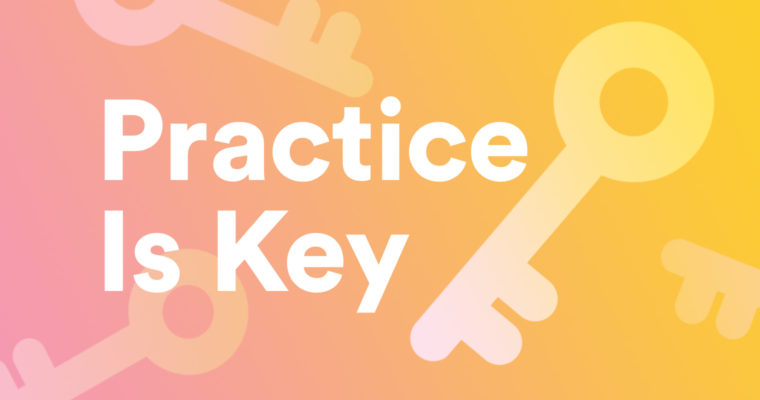
So you want to learn English—you have to start from the beginning, right? Sometimes becoming fluent in a language can seem like a very distant reality. But the truth is that with a bit of effort and consistent practice, it’s possible to understand and speak English in a reasonable period of time. I decided to learn English when I was a teenager, and now I use it all the time. Just remember, practice is key—it’s what helped me become fluent in English! Take a look at my tips below and see how fast your English skills improve.
1 Watch as many TV shows and movies as you can
I’ve always been a big fan of American TV shows and watching them without subtitles helped develop my listening skills. I started recognizing words a lot more, learned how to pronounce them better, and discovered new ways to use vocabulary in different situations. If you start doing this, you won’t understand all the dialogue right away—that’s normal! The important thing is not to give up as you will get used to the language over time.
Start with something light and easy, like a comedy, and later move on to more complicated storylines. Watching a series or movie with English subtitles is also a good idea, as you can learn how to spell the words and you won’t miss too many lines.
2 Pick out key words in English podcasts and music
How often do you listen to music in English? Probably a lot more often than you realize. An exercise I found very helpful for developing my listening and vocabulary in English was grabbing a paper and a pen and writing down all the words I could understand while listening to music or my favorite English podcasts. The more I heard familiar words, the more I was able to understand the sentences. You’ll see that sometimes you’ll only get it on the third try, but this exercise is a handy trick for getting your brain used to the new idioms and common English phrases.
3 Read books, blogs, and articles in English
I always enjoyed reading about travel and fashion on the web, so I started reading in English. Get into the habit of reading books and articles in English – read one a day in a magazine, newspaper, or even a blog. Try to read at least a book a month as this will help you get in touch with the language on a daily basis. You will improve your reading and writing skills and increase your vocabulary.
4 Have plenty of conversations with foreigners
Even before studying abroad, I reached out to foreigners in my hometown and started speaking English with them. That was the first time I realized I could actually speak English. It’s amazing how far you can get when studying a bit every day. Reach out to foreigners at home and abroad. This is as close as it gets to “the real world,” and is the ultimate test of how fast you are improving.
Of course, studying abroad is the best way to immerse totally in the English language. Spend a few months improving your English in an English-speaking country and you’ll have to practice every single day! If a native English speaker or even a foreigner understands you and vice versa, this means that you made it! Welcome to the English speaking world—full of new and exciting experiences.
Not there yet? Well, start practicing today.
A version of this post originally appeared on Kaplan International English. Join the Kaplan family and benefit from immersive English language courses, choose from over 35 schools located around the world.
![]()






